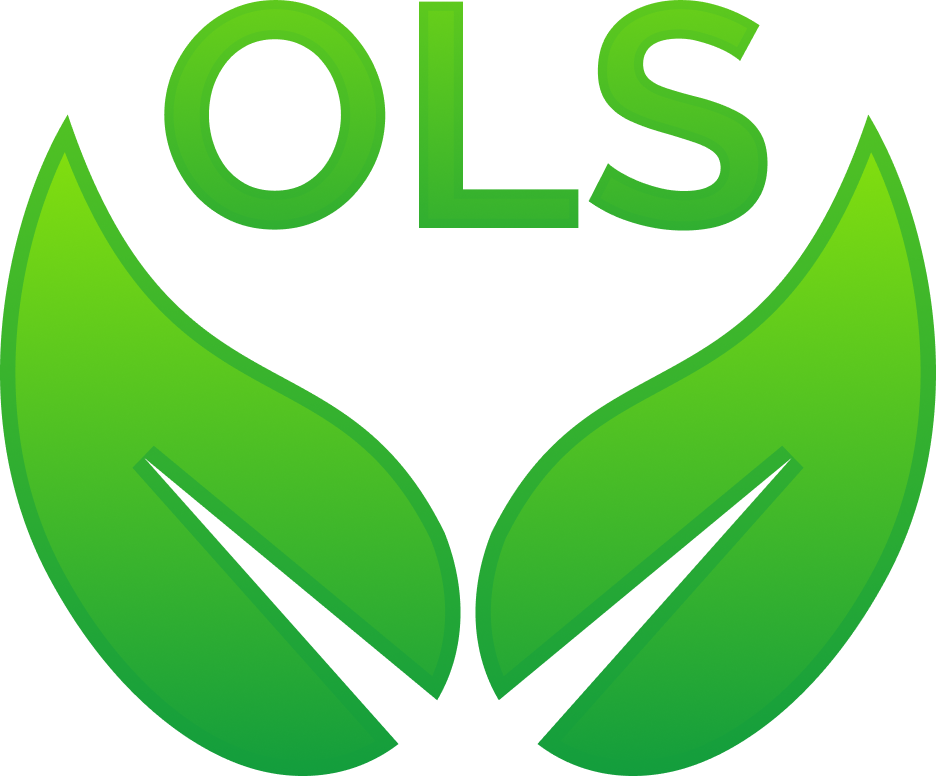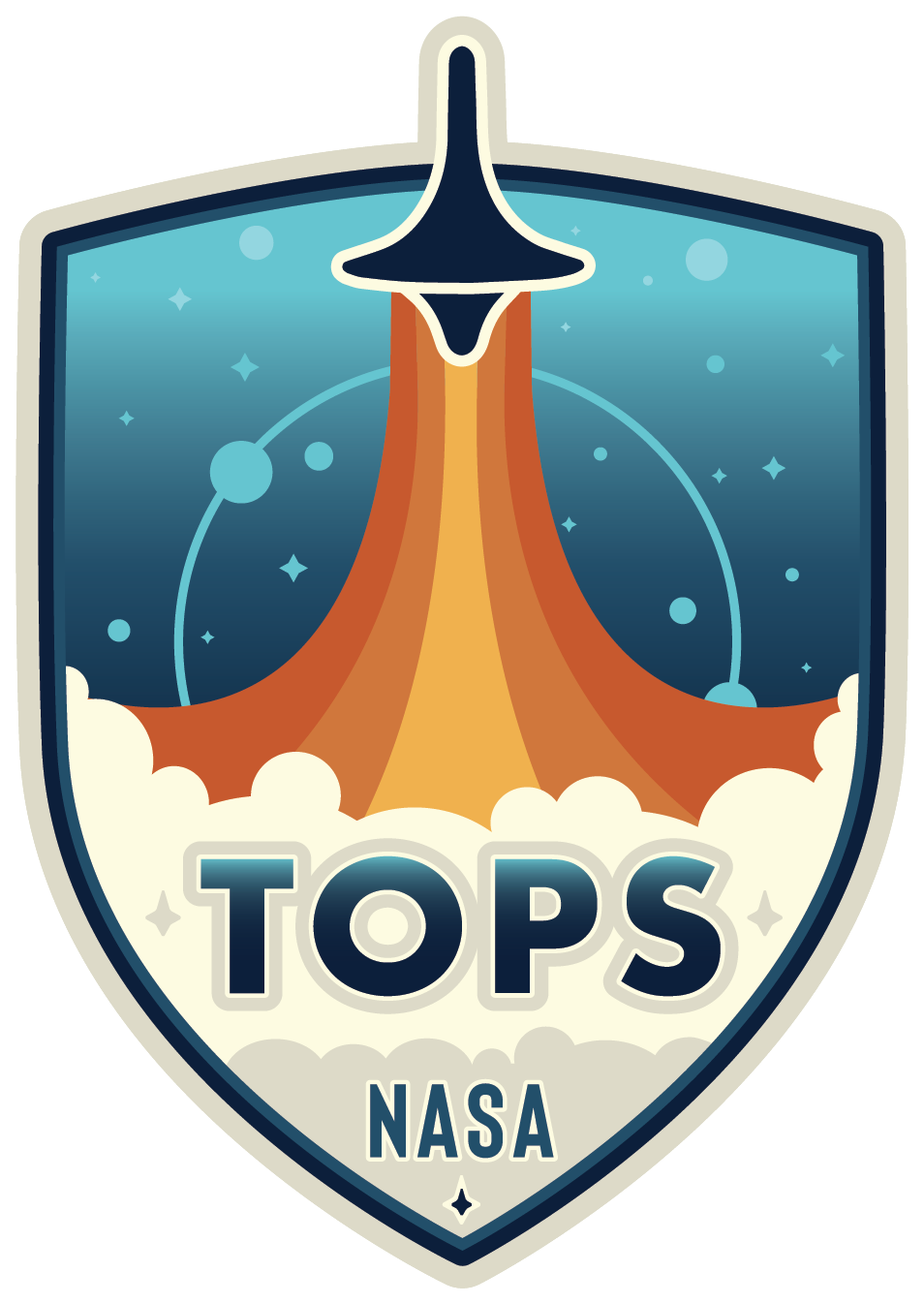Metadata Specialist and Project Leader with over a decade of experience in scientific data curation, metadata management, and open science advocacy. Passionate about advancing Open Science, FAIR principles, and making a meaningful impact through community efforts.
If you are interested in discussing FAIR data principles, Open Science or Data-Driven research practices, I would love to connect.

November 2023 - Present
Germany-Remote
DataCite is a world-leading provider of persistent identifier services to help make research outputs and resources findable, citable, connected, and reused globally.
November 2023 - Present

2022 - Present
Remote
The event series highlighting pragmatic measures developed by the community towards the implementation of the FAIR (Findable, Accessible, Interoperable, Reusable) data principles.
2022 - Present

2022 - Present
Remote
The FDO Forum is proposed as a neutral place where policy, researchers and technological experts can meet to exchange information about all relevant aspects related to FDOs.
2022 - Present

2023 - Present
Remote
OLS is a not-for profit organisation dedicated to capacity building and diversifying leadership in research worldwide. We imagine a future where research is accessible, inclusive, and equitable for everyone.
2023 - Present

2022 - 2022
Remote
Transform to Open Science (TOPS) is a NASA initiative designed to rapidly transform agencies, organizations, and communities to an inclusive culture of open science. TOPS is part of NASA´s Open-Source Science Initiative.
2022 - 2022
August 2021 - Present
August 2021 - October 2023
2020 - 2021
2016 - 2019
2015 - 2016
 2010-2014 PhD of Science in Biochemistry and Molecular Biology | ||

Open Computational Inclusion & Digital Equity Resource .
Research Data Management workshop material
Inclusion at academic events is crucial for ensuring diversity, building networks, and avoiding academic siloing. Ten Simple Rules aim to raise awareness and provide actionable suggestions to support Equity, Diversity, and Inclusivity practices in academic events.
This is the initial v1.0.0 release of NASA’s Open Science 101 curriculum converted into Markdown from openscience101.org. The open science curriculum will introduce those beginning their open science journey to important definitions, tools, and resources; and provide participants at all levels recommendations on best practices.
SourceData a platform that allows researchers and publishers to share scientific figures and (when available) underlying source data in a way that is machine readable and findable.
The blog post highlights the integration of Bioschemas with the DataCite Metadata Schema to enhance metadata interoperability across various scientific disciplines. This collaboration aims to improve the findability and usability of life sciences data by standardizing metadata descriptions and facilitating cross-domain data sharing.
DataCite Metadata Training covering The DataCite Metadata Schema, DataCite metadata journey, Making connections with DataCite metadata
RDA/EOSC Future Domain Ambassador Spotlight- Sara El-Gebali, Life Science.
InterPro (http://www.ebi.ac.uk/interpro/) is a freely available database used to classify protein sequences into families and to predict the presence of important domains and sites. InterProScan is the underlying software that allows both protein and nucleic acid sequences to be searched against InterPro’s predictive models, which are provided by its member databases. Here, we report recent developments with InterPro and its associated software, including the addition of two new databases (SFLD and CDD), and the functionality to include residue-level annotation and prediction of intrinsic disorder. These developments enrich the annotations provided by InterPro, increase the overall number of residues annotated and allow more specific functional inferences.
The InterPro database (http://www.ebi.ac.uk/interpro/) classifies protein sequences into families and predicts the presence of functionally important domains and sites. Here, we report recent developments with InterPro (version 70.0) and its associated software, including an 18% growth in the size of the database in terms on new InterPro entries, updates to content, the inclusion of an additional entry type, refined modelling of discontinuous domains, and the development of a new programmatic interface and website. These developments extend and enrich the information provided by InterPro, and provide greater flexibility in terms of data access. We also show that InterPro’s sequence coverage has kept pace with the growth of UniProtKB, and discuss how our evaluation of residue coverage may help guide future curation activities.
The article from Science|Business highlights the hurdles to effective data sharing, despite the push for open science. These challenges include variations across disciplines, legal and ethical concerns, and insufficient incentives. The Research Data Alliance (RDA) is tackling these issues by promoting FAIR data principles, offering guidelines, and supporting researchers with training and infrastructure. The RDA also emphasizes the role of domain ambassadors in fostering cross-disciplinary collaboration and making data sharing more practical and appealing for researchers.
FAIR-IMPACT conducts workshops on mapping and crosswalks within the community, aiming to standardise the mapping process by identifying common components and approaches used in community practices. These workshops consist of practical sessions, presentations on initial experiences, and feedback regarding the framework, followed by applying the framework to mapping exercises. Semantic artefacts, such as ontologies and vocabularies, are crucial for data interoperability and implementing FAIR principles. FAIR-IMPACT focuses on making mappings shareable and reusable, elevating them to citizens in the FAIR data world. In previous FAIR-IMPACT workshops, we explored the motivation behind mappings and methodologies for making them FAIR. In this workshop, we aim to formalise a mapping process framework based on community practices and trial its implementation. Visit the official event page to watch the video recording https://fair-impact.eu/events/fair-impact-events/developing-mapping-process-framework.
Train-the-trainer handbook for making training materials FAIR
FAIR Digital Objects Forum, Diversity Statement & Participation Guidelines
Invited Presentation- Inclusion and Digital Equity from theory to practice delivered at ISCB2023.
Key note presentation at BOSC2023 https://www.open-bio.org/events/bosc-2023/bosc-2023-keynotes/
Presentation slides used during AAAS 2023 panel discussion session title- Foster Inclusion in Scientific Communities through Shared Data https://aaas.confex.com/aaas/2023/meetingapp.cgi/Paper/31052
BHKi Seminars- Bioinformatics, software engineering and Data Management- Data Management Planning 19th July 2022
Material for 1.5 hour workshop on FAIR principles with regards to software, and what is currently known, best practices for FAIRness.
Presentation for Open Science Pathways in the Earth, Space, and Life Sciences- https://www.scilifelab.se/event/agu-scilifelab/
Presentation on Open Science, FAIR principles, Research Data Management, FAIR Software, delivered during BOSSConf 2022
Materials for 1 full-day workshop on Research Data Management basics
This course covered- Fundamentals of Kibana, Securing Kibana (users, roles, and spaces), Creating basic & advanced visualizations, Kibana Query Language (KQL), Creating and interacting with dashboards, Reporting and Alerting
This course covered- How to build a powerful search engine with Elasticsearch, The theory of Elasticsearch and how it works under-the-hood, How to write complex search queries, advanced knowled in the concepts and terminology of Elasticsearch.
Awarded FAIRImpact grant to contribute to initiatives aimed at enhancing the findability and accessibility of research outputs through improved signposting and the use of ROCRATE metadata standards.
Awarded for outstanding contributions to promoting equality and diversity within the scientific community, highlighting efforts to create an inclusive environment that fosters diversity in scientific research and education.
Participated in the Brave the Shave campaign, raising significant funds for MacMillan Cancer Support, and also contributed to the Little Princess Trust by donating hair for wigs for children undergoing cancer treatment.
Contributed to humanitarian efforts by volunteering at refugee camps, providing support and aid to displaced individuals.
Played a pivotal role in establishing the Open Science Community in Egypt. Provided strategic advice and support, facilitating workshops and seminars to train local researchers in open science methodologies, thereby promoting open science practices among Egyptian researchers.
eLife Innovation Leaders is a new open leadership training and mentorship programme designed for innovators developing prototypes or community projects to improve open science and research communication.